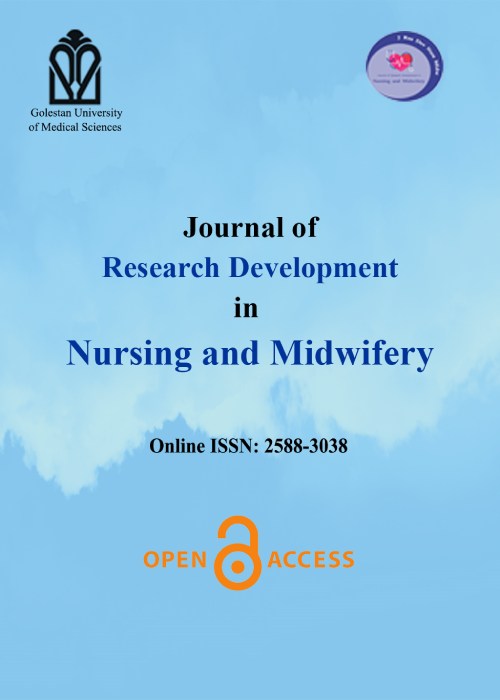Comparison of the effect of teaching professional ethics codes using the two methods of the flipped classroom and short message service on the moral sensitivity of nursing students
Adhering to nursing professional ethics codes and being familiar with these codes enables nurses to make sound ethical decisions in challenging circumstances. Recognizing the significance of awareness regarding professional ethics codes and their continuous growth, this study was conducted to determine and compare the influence of classroom-based and short message service (SMS) training on the ethical sensitivity of nursing students.
This study employed a quasi-experimental design and was conducted in 1401 at Yasuj University of Medical Sciences in Iran. The participants included 120 nursing students who were selected using convenience sampling based on criteria such as enrollment in the bachelor's nursing program, ability to communicate effectively, willingness to participate in the study, and scoring 50 or lower on the ethical sensitivity questionnaire. The samples were randomly assigned to three groups: intervention 1, intervention 2, and control. After obtaining the necessary ethical approvals, data were collected using the Lützen Ethical Sensitivity Questionnaire. Data were collected immediately before and one month after the completion of interventions. The intervention group received a blended teaching approach, which included concept mapping, small group discussions, and role-playing sessions conducted twice a week for one month. Data analysis was performed using descriptive statistics (mean, standard deviation, frequency, and percentage) and inferential statistical methods (paired t-test, chi-square test, and ANOVA) using SPSS software version 21.
There was a significant difference in the mean age of students among the three groups, flipped classroom, short message service, and control (p = 0.047). However, no significant difference was observed in terms of gender distribution among the three groups (p = 0.291). Prior to the intervention, there was no statistically significant difference in the overall mean score of ethical sensitivity among the three groups (p < 0.05). However, after the intervention, a significant difference was observed (p < 0.05). Post-hoc comparisons revealed a significant difference in the ethical sensitivity scores of students among the flipped classroom, short message service, and control groups (p = 0.001).
Based on the effectiveness of both the flipped classroom and short message service methods in enhancing the ethical sensitivity of nursing students, it is recommended to incorporate these educational approaches into the nursing curriculum for planning and implementation.
- حق عضویت دریافتی صرف حمایت از نشریات عضو و نگهداری، تکمیل و توسعه مگیران میشود.
- پرداخت حق اشتراک و دانلود مقالات اجازه بازنشر آن در سایر رسانههای چاپی و دیجیتال را به کاربر نمیدهد.


